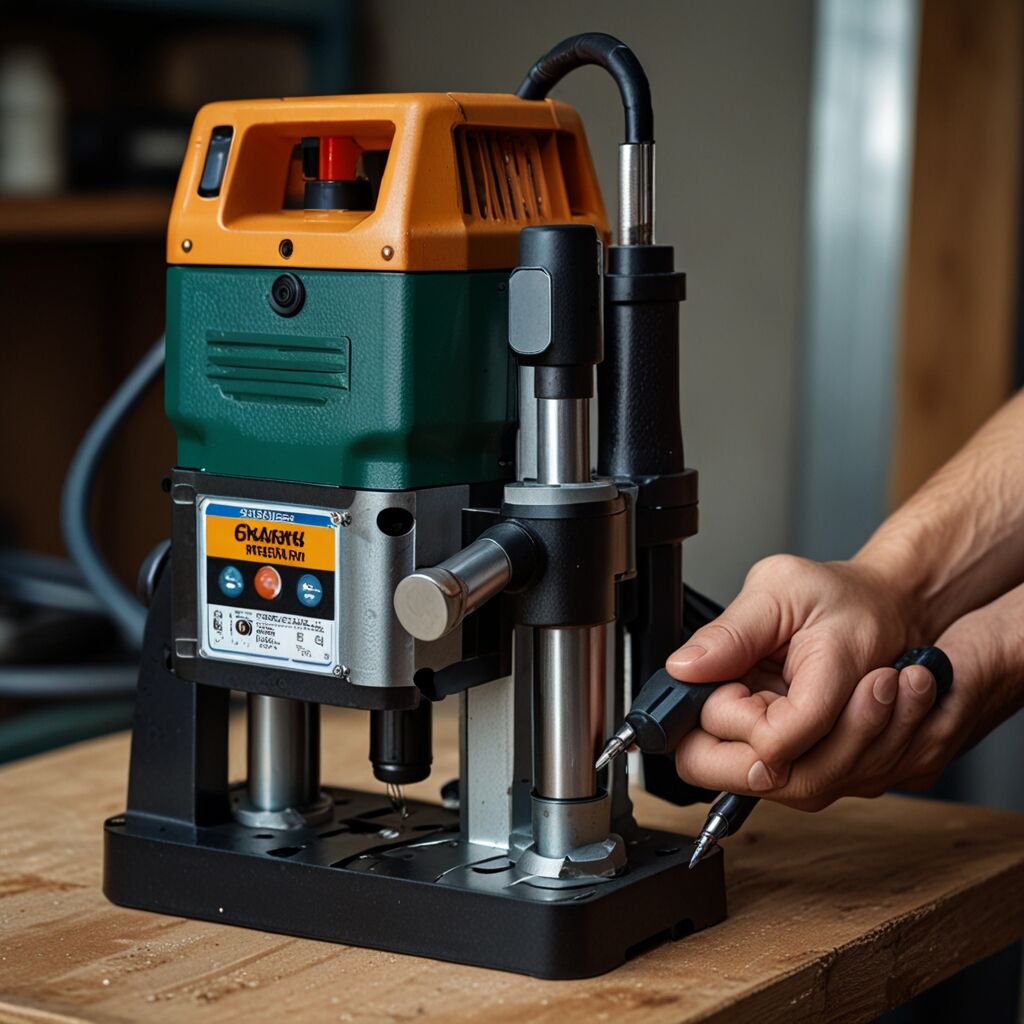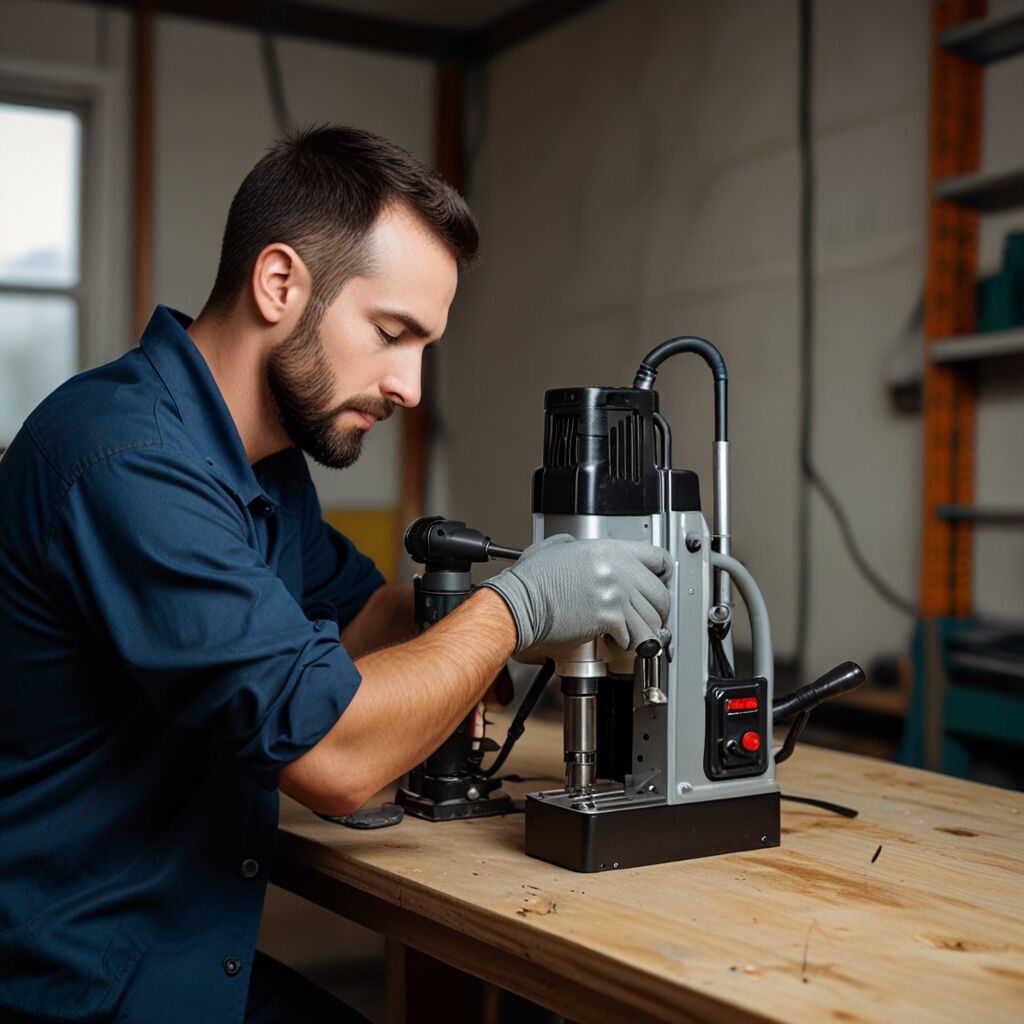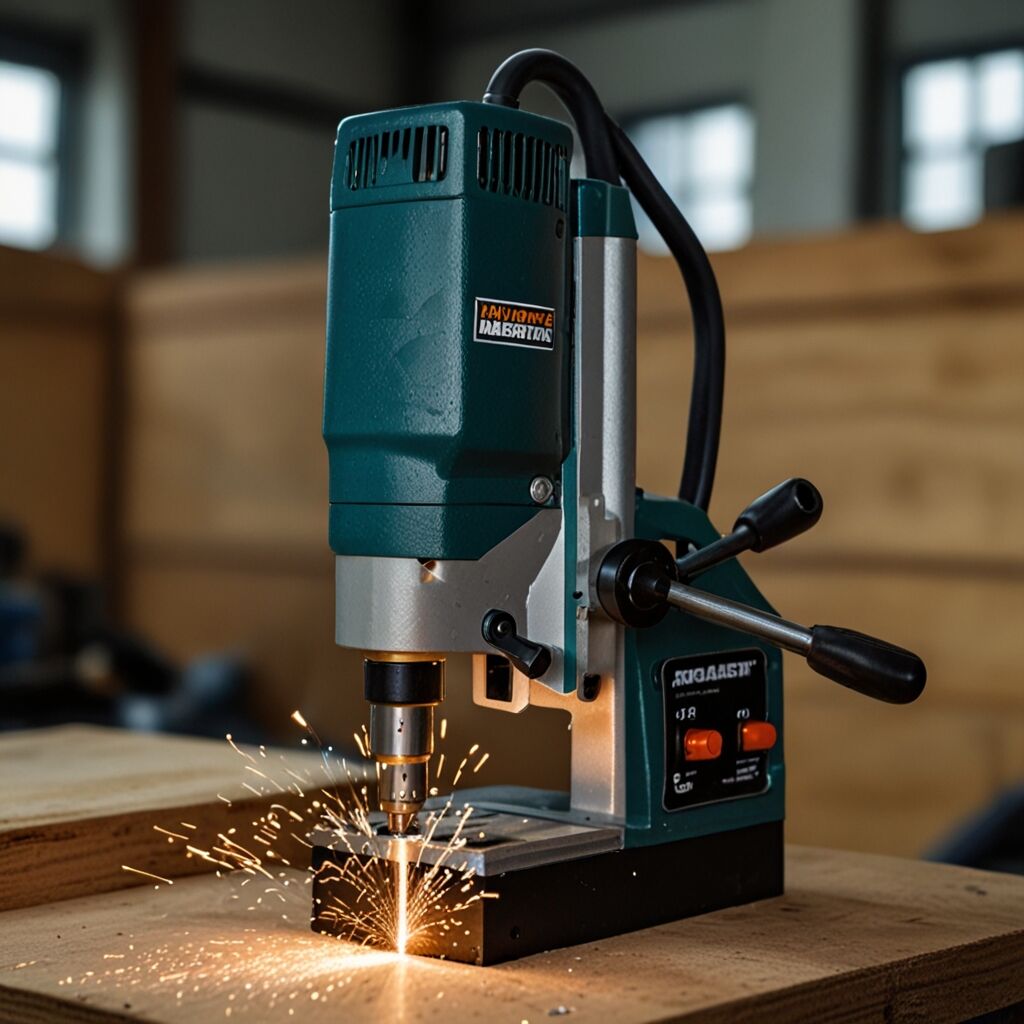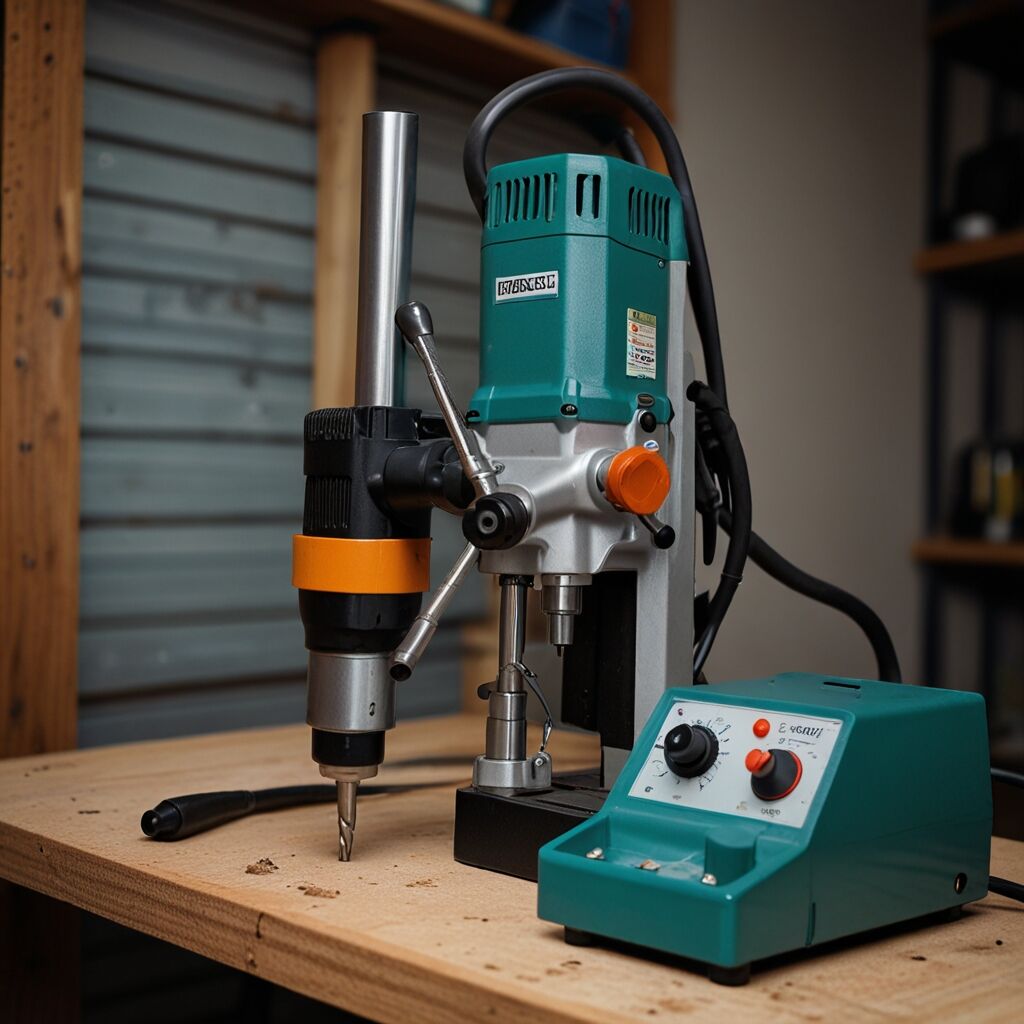The Dewalt DCD1623GX2, a powerful Magnetic Drill, excel at metal fabrication tasks, providing DIY enthusiasts the ability to efficiently tackle various projects. This tool combines robust design with advanced features, ensuring reliability and efficiency when working with metal materials.

Using the Dewalt DCD1623GX2 for Metal Fabrication: Advantages
The primary benefits of using the Dewalt DCD1623GX2 for metal fabrication include its powerful motor and advanced features that enhance overall efficiency. This magnetic drill is well-suited for metal fabrication tasks due to its adjustable torque settings and impressive speed, which contribute to faster drilling and cleaner cut results.
Compared to other drill drivers, the Dewalt DCD1623GX2 stands out due to its durability and user-friendly design, making it the preferred choice for serious metal workers. The features of the Dewalt DCD1623GX2, including its cordless operation and strong magnetic base, significantly improve efficiency during metal projects, allowing users to focus on precision and craftsmanship.

What unique advantages does this tool provide for welding tasks?
The Dewalt DCD1623GX2 offers a total of 11 torque settings, enabling users to customize the drilling experience depending on the metal material. With a maximum RPM of 450, this magnetic drill can handle a variety of metal types effectively, such as steel and aluminum.
This tool can efficiently tackle materials like stainless steel and mild steel, providing versatility for various projects. Weighing in at approximately 15 pounds, the Dewalt DCD1623GX2 remains portable and easy to handle during welding tasks without causing fatigue or discomfort.

Considerations When Using Dewalt DCD1623GX2 for Metal Projects
Safety precautions are critical when operating the Dewalt DCD1623GX2, and users should always wear appropriate protective gear, including safety glasses and gloves. Proper maintenance is essential for prolonging the life of this magnetic drill; regularly check the battery and keep the tool clean from metal shavings.
Utilizing accessories like quality drill bits and lubrication can significantly improve the performance of the Dewalt DCD1623GX2 while working on metal projects. Common mistakes to avoid include using improper drill bit sizes and applying excessive pressure, which can lead to inaccurate results and tool wear.

What key factors affect performance when working with metal materials?
The Dewalt DCD1623GX2 can effectively drill through various types of metal, including aluminum, stainless steel, and mild steel. For best results, it is optimal to work with materials that have a thickness of up to 1 inch, as this is where the magnetic drill excels.
This tool boasts an impressive battery life of up to 7 hours, enabling users to complete extensive projects without frequent recharges. The recommended drill bit size for metal use is generally between 1/4 inch to 1/2 inch, allowing for versatility in different tasks.
Tips for Enhancing Metal Fabrication Work with Dewalt DCD1623GX2
Improving cutting accuracy in metal projects often requires proper alignment and a steady hand, ensuring the drill stays steady. To extend the lifespan of the Dewalt DCD1623GX2 during metal work, regularly clean the tool and avoid overloading it with heavy materials.
Adjustments for different metal types can enhance the drilling experience and improve precision, adapting torque settings to suit softer or harder materials. Pairing the Dewalt DCD1623GX2 with support tools like clamps or a workbench can yield better results while working on metal projects.
What are the best practices for drilling and fastening in metalwork?
The Dewalt DCD1623GX2 features three adjustable drill speeds, making it versatile for various metalwork applications. The ideal feeding rate for drilling into metal is approximately 1 inch per minute, ensuring optimal cutting without damaging the drill bits.
Users can expect to complete multiple projects on a single battery charge, with estimates often reaching up to 10 consecutive holes. Under heavy use, the average lifespan of quality drill bits can range from 500 to 1,000 holes, highlighting the importance of selecting the right bits for efficiency and durability.
